Fathers and Sons
In Fathers and Sons, Ivan Turgenev captures the eternal tension between generations through the story of Arkady Kirsanov, who returns from university with his radical friend Bazarov, a self-proclaimed “nihilist” who believes in nothing but science and rejects all traditional values. What begins as a clash between old aristocratic ideals and new revolutionary thinking evolves into something far more nuanced—a meditation on how love, family bonds, and human nature itself resist the neat categories we try to impose on them. Turgenev’s genius lies in his refusal to take sides, instead showing us how both the romantic idealism of the older generation and the harsh materialism of the young contain their own truths and blindnesses. Can any philosophy, no matter how logically constructed, truly account for the messy complexities of the human heart? This masterpiece of Russian literature offers no easy answers, but it provides something more valuable: a deeply compassionate understanding of why each generation believes it has discovered the key to life, and why each is both right and profoundly wrong.
- Originally Published: 1862
- Publisher: Oxford University Press, 1998
- Genre: Novel
- Pages: 215
- BookType: Hardcopy (paperback)
- ISBN: 9780192833921
- Access: Members
Description
Fathers and Sons centers on Arkady Kirsanov, a university graduate who returns to his family’s estate in 1859 accompanied by his radical friend Evgeny Bazarov. Bazarov, a medical student and self-proclaimed nihilist, rejects all traditional values, authorities, and romantic sentiments in favor of scientific materialism and rational skepticism. His presence creates immediate tension with Arkady’s father Nikolai, a gentle landowner, and particularly with his uncle Pavel, an aristocratic anglophile who represents the older generation’s refined sensibilities.
The novel explores the ideological clash between the liberal idealism of the 1840s generation and the revolutionary nihilism emerging in the 1860s. As the story unfolds, both Arkady and Bazarov face challenges to their beliefs through romantic entanglements—Arkady with Katya and Bazarov with the enigmatic widow Anna Odintsova—that test the nihilist rejection of emotion and sentiment.
Published in 1862, the novel introduced the term “nihilist” into political discourse and sparked fierce debate in Russian society. Turgenev was attacked by both conservatives, who saw him as promoting dangerous radicalism, and progressives, who felt he had caricatured their movement. The work remains a masterful portrait of generational conflict and social change in pre-revolutionary Russia, examining how political ideologies shape personal relationships and individual destinies.

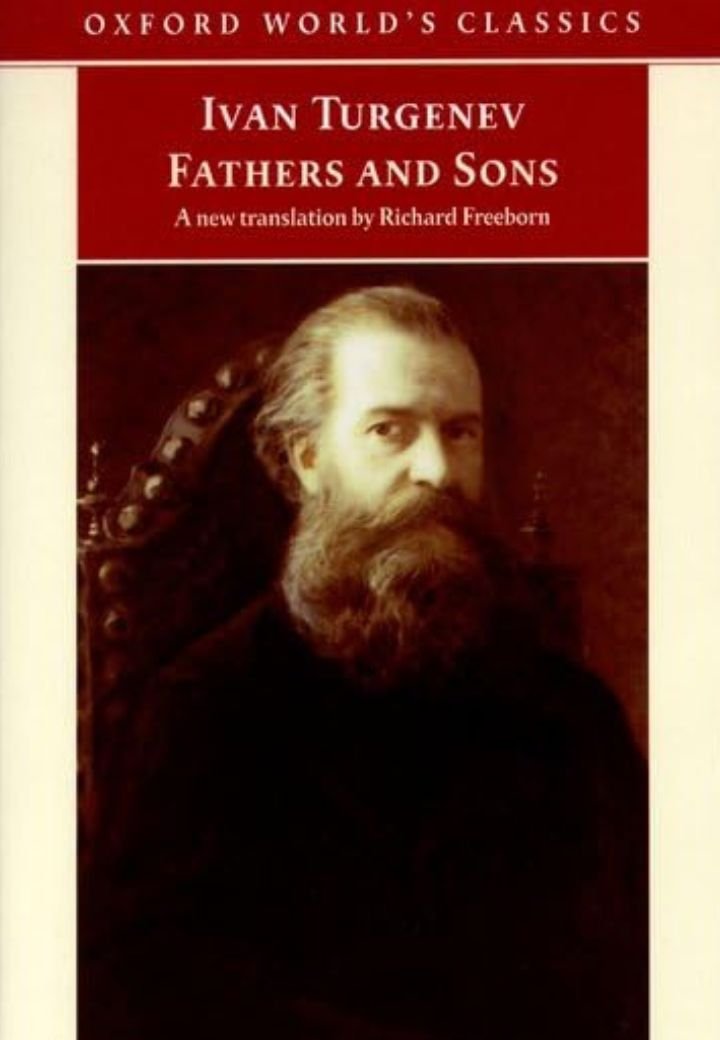
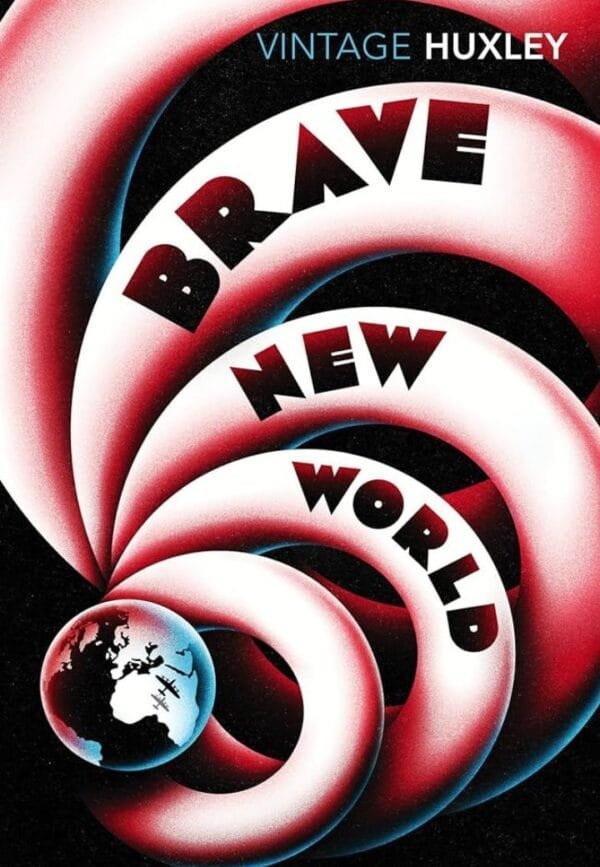
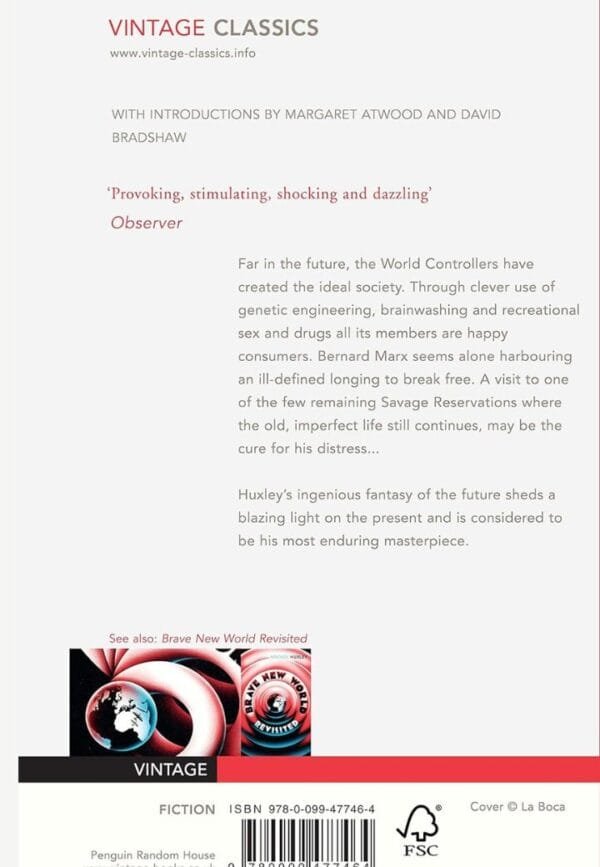
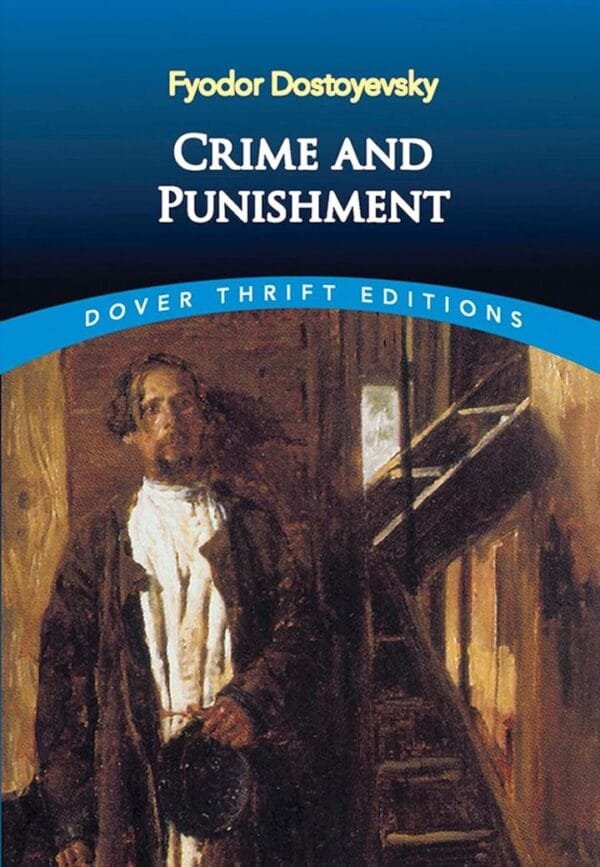

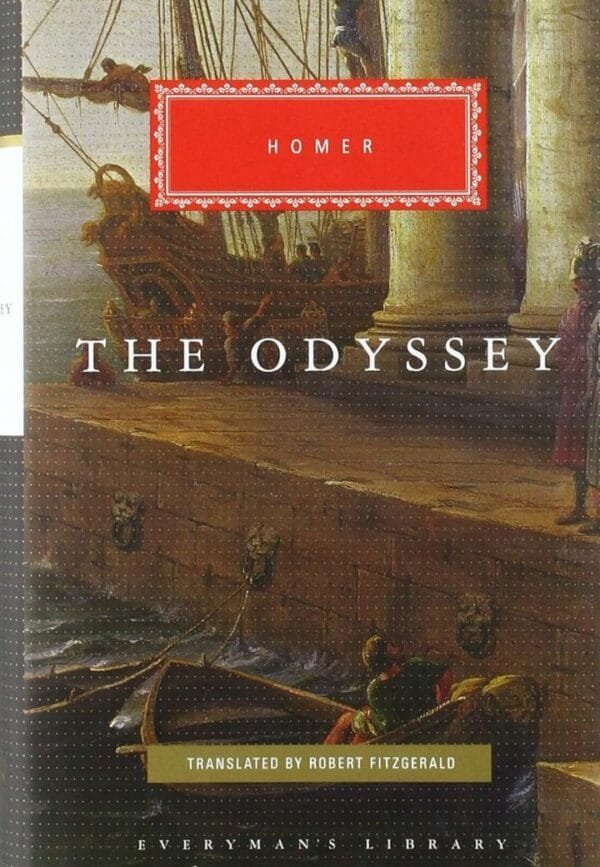
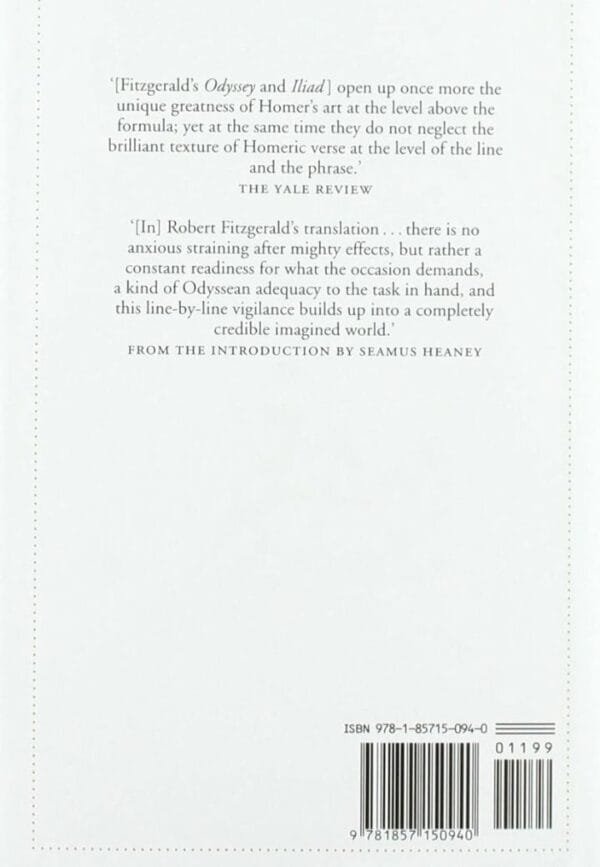
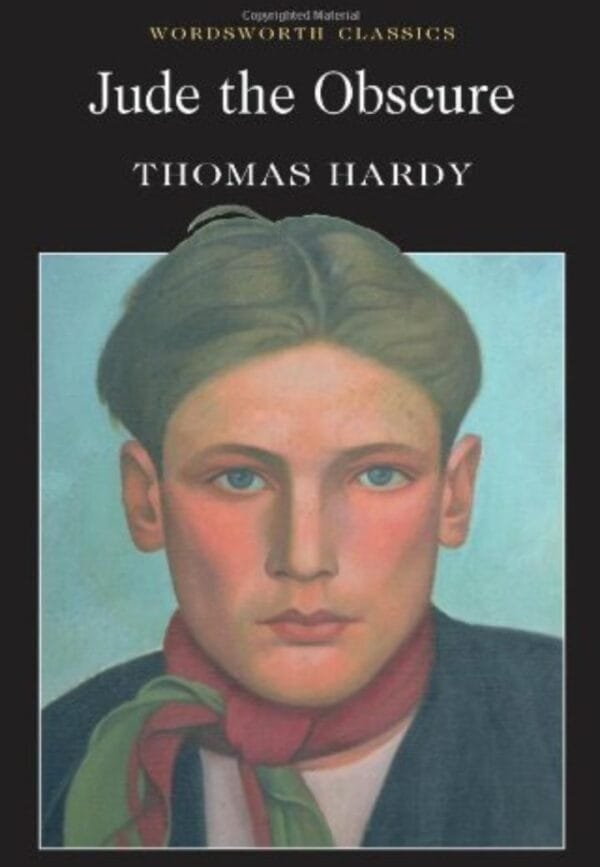
Reviews
There are no reviews yet.